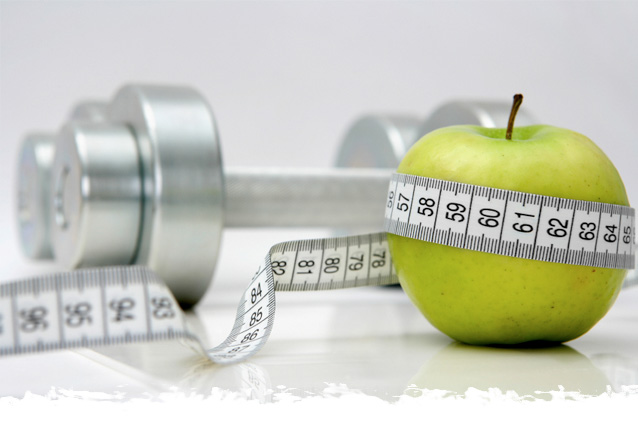 Low grade inflammation is a process that occurs in our body constantly – it’s a mechanism our cells use to repair tissue in response to an infection or injury. It involves white blood cells (neutrophils and macrophages) responding to the release of cytokines (chemical messengers) from damaged tissue in an effort to repair; this is part of the body’s natural defense system and, in proper amounts, can be beneficial. However, in many instances, such as digestive disturbance, heart disease and diabetes, inflammation can turn into a chronic pathological issue that needs to be modulated in order for the body to function well.
Low grade inflammation is a process that occurs in our body constantly – it’s a mechanism our cells use to repair tissue in response to an infection or injury. It involves white blood cells (neutrophils and macrophages) responding to the release of cytokines (chemical messengers) from damaged tissue in an effort to repair; this is part of the body’s natural defense system and, in proper amounts, can be beneficial. However, in many instances, such as digestive disturbance, heart disease and diabetes, inflammation can turn into a chronic pathological issue that needs to be modulated in order for the body to function well.
What we eat and how we live our life plays a huge role in how prone to inflammation we are. To help this process, we can choose foods that work for our body and avoid foods that are typically pro-inflammatory, and, in addition, take inflammation-modulating supplements such as omega 3-rich fish oils, vitamin D and proteolytic enzymes. Check out a recent blog I posted on Aging Gracefully to get a better sense of what is happening at the cellular level and how living an anti-oxidant-rich life can slow down the aging process and help decrease inflammation.
What is an anti-inflammatory diet? It cuts out foods that tend to create oxidation and inflammation in the body and which many individuals are typically sensitive or allergic to. In essence, these include gluten-containing grains (e.g. wheat), dairy products (especially milk), soy, corn, tomatoes, sugar, common cooking oils such as cotton, canola, soy and corn oil, red and processed meats, alcohol and food additives. Most respond at this point with a jaw-drop and a “Well, what CAN I eat??” The answer is simple (literally!): foods that come in their whole, unprocessed form – the foods we ate before additives, sugars, and preservatives came to be. These include whole grains such as brown rice, quinoa, millet and oatmeal; loads of fresh fruit and vegetables which provide the antioxidants necessary to quench oxidation; free-range, non-medicated chicken or turkey; fresh fish; legumes such as chickpeas, lentils, beans and nuts and seeds.
By adhering to this diet – even for short periods of time like two to three weeks – detoxification takes place and inflammation in the body is reduced. View Dr. Andrew Weil’s version of the anti-inflammatory diet for more information.
Help from the herbal world. If you’re looking for an extra burst of anti-inflammatory help, turmeric is an excellent herb, well-known for its bright yellow color in Indian cooking. The active constituent in turmeric is curcumin, which is highly anti-inflammatory and a strong anti-oxidant. A teaspoon of turmeric can be added to food daily, or, can be used in higher doses through supplement form for acute tissue injury to help reduce pain and inflammation.
How can proteolytic enzymes help? During inflammation the body lays down an excessive amount of fibrin (scar tissue), which, although helping to repair damaged tissue, also decreases the ability of immune and red blood cells to get to and from the area. Welcome proteolytic enzymes! These work to break down fibrin which allows blood, enriched with oxygen and nutrients, to flow to the damaged area – decreasing inflammation and pain, and speeding healing. They differ from digestive enzymes that are taken with meals to help break down carbohydrates, proteins and fats in the digestive tract. Instead, proteolytic enzymes must be taken away from meals so they can be absorbed in the small intestine and provide systemic action. When shopping, you can find them at health food stores, generally listed on the label as serratiopeptidase, nattokinase, bromelain, and papain; look for enteric coated capsules which will bypass the acidic environment of the stomach to be absorbed in the small intestine.
Remember: decreasing pathological inflammation will lead to less degenerative disease and healthier tissues and organs for an overall effect of life-long health and wellbeing!
For more information on inflammation and treating it naturally, visit Dr. Mercola’s page What you Need to Know About Inflammation.




